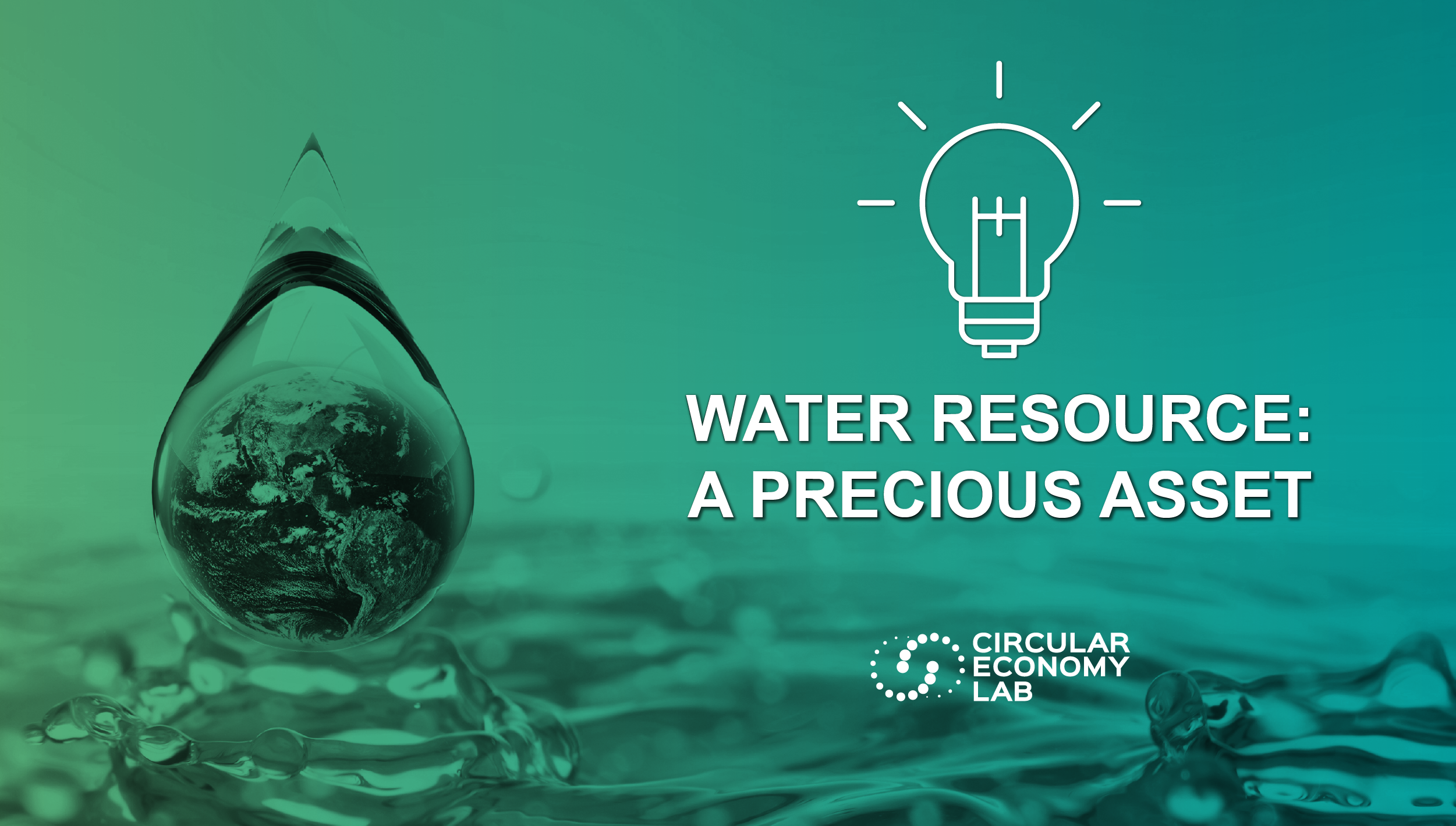
Water resource: a valuable asset
“Water is the driving force of all nature.”
Water is the essential element for human societies and natural environments to continue thriving over time. Water is the foundation of civilization and progress and is the cornerstone of human history, past, present, and future. Natural disasters are increasing in frequency worldwide. Globally, in the last two decades, 74% of natural disasters have been water-related (up by 50% in the last 10 years and occurring four times more frequently than in 1980). There are areas of our planet, especially tropical zones, where climate extremization is radically transforming the environmental and social landscape of vast territories, affecting billions of people. These natural disasters, ranging from floods to droughts, have generated significant economic and social consequences for the affected regions.
This criticality is widely recognized internationally, to the extent that 10 out of the 17 Sustainable Development Goals of the United Nations' 2030 Agenda and 53 out of 169 targets are impacted by the water resource. Looking at our territorial reality, and drawing inspiration from the data and information collected by the Value of Water Community of The European House Ambrosetti in their "White Book" and by Utilitatis Foundation in their "Blue Book", 2022 was the hottest and least rainy year in Italian history, with thermal anomalies reaching +2.7°C compared to the 1981-2010 average and rainfall anomalies being -48 mm for the year.
In such a dramatic scenario, an efficient and sustainable water chain is indispensable for the future of every territory. It is therefore essential to have a vision and a strategy capable of integrating the contributions of all actors in the chain, civil society, and institutions because, from an economic point of view, water is the enabling element for generating €367 billion of Value Added in Italy (+12% vs. 2020). Without the water resource, 19% of the Italian GDP could not be generated.
Italy is the first country in the European Union for water withdrawn for civil use, with a total consumption of 9 billion m3, equivalent to 156 m3 per inhabitant (third in the EU). Infrastructural conditions and the effects of climate change make it urgent to develop a sustainable and circular water chain with investments aimed at two macro-objectives: the modernization of the integrated water system infrastructure and, in parallel, the development of reservoirs, also crucial for hydroelectric power production, which in 2022 decreased by 37.7% due to drought, a more alarming figure considering that in our country, hydropower infrastructure represents 19% of the installed national energy capacity, rising to 38% if only renewable sources are considered. Over the last ten years, there has been a constant increase in investments in the integrated water service sector, from 33 to 64 euros per inhabitant, but still well below the European average of 82 euros per inhabitant.
From this perspective, a transition path to the circular model of the extended water chain involves five priority actions, the "5 Rs":
- Collection: Streamlining the management of stormwater and responding to soil sealing.
- Restoration: Advancing the purification system for the return to the source of high-quality water.
- Reuse: Facilitating the reuse of treated wastewater for the same or different purposes.
- Recovery: Valorization of sewage sludge and recovery of material.
- Reduction: Optimization of withdrawals, consumption, and water losses through innovation and technological efficiency.
From the consumers' point of view, it is essential to work on educating and raising awareness of the importance of the water resource, uprooting some "perceptual paradoxes":
- Although citizens are aware that 2022 was the hottest and driest year in Italian history (and often experienced its consequences), they declare less concern compared to last year for extreme weather phenomena; climate change is the third most serious problem in Italy for Italians, preceded by "health" and "economy and employment".
- Almost all Italian citizens declare adopting sustainable behaviors. However, drinking tap water, one of the most sustainable activities regarding resource management, is not widespread: less than 1/3 habitually drink tap water despite Italy having the highest tap water quality in Europe.
- Although almost all citizens declare being attentive to responsible water use, almost 3/4 underestimate their actual consumption, with the further paradox that 9 out of 10 Italians overestimate the real spending on their water bills, even though Italy is the fourth cheapest country in Europe in terms of water tariffs.
- Citizens are aware of paying for some key water cycle services, but not all are aware that Integrated Water Service companies deal with all stages of water management from upstream to downstream.
The complexity and interactions existing among all the factors mentioned lead to reiterating what has been said before, namely the urgent need to integrate the contributions of the industrial chain, civil society, and institutions. All these actors have the duty, and will benefit from adopting virtuous behaviors for sustainable water resource exploitation, conscious and respectful consumption, responsible and enlightened regulatory framework, aimed at collective well-being, overcoming prejudices, personal interests, and conditioning.